The essential amino acid threonine (pronounced three-uh-neen) regulates protein balance in the human body. Studies show threonine as enabling the production of key amino acids glycine and serine, which in turn build collagen, elastin, and muscle tissue. Essentially, threonine assists in building strong bones, skin and hair, and conditions and repairs connective tissue.
Divi's Scalp Serum includes threonine to provide important nutrients for healthy hair growth. Our team of scientists understands the importance of using clean ingredients, such as threonine, for hair growth. In this article, we discuss the benefits of threonine for your hair and scalp.
What is Threonine?
Biochemist and nutritionist William Cumming Rose discovered threonine in 1936. It is one of a small group of essential amino acids not produced by the human body itself and must therefore be obtained through food or supplementation. Rose's research helps us understand how the body produces proteins and how such amino acids are vital to human health.
Threonine supplements are used to treat disorders such as multiple sclerosis, spinal spasticity and Lou Gehrig's disease. The amino acid is both glucogenic and ketogenic, providing energy to the body. Animal studies suggest threonine may improve immune response, protect against liposaccharide-induced inflammation and damage to the intestinal barrier, and increase protection against viruses.
Threonine sends signals to other cells in the body to help maintain good health. It has anti-aging properties that contribute to the smooth appearance of the skin and hair. As people age, collagen production and dermal cell regeneration become less efficient, resulting in thinning hair. Threonine can help reduce this effect.
Benefits of Amino Acids: Threonine
Many people are familiar with hair products containing popular ingredients, including shea butter, glycerin and ceramides. However, amino acids are the main building blocks of proteins. Amino acids work from within your body to increase your hair's moisture, strength and density.
How do they work? A combination of amino acids and polypeptides produces proteins essential for hair development and growth. About 95% of your hair consists of proteins derived from amino acids.
Essential amino acids are necessary for regulating protein and improving health. Scientists have discovered more than 20 amino acids in the human body. Of these, nine are essential (that is, not produced by the human body), including threonine. Natural threonine sources in foods include organic meat (chicken, turkey and beef), wild-caught salmon, dairy products, bananas, lentils and edamame.
Threonine promotes the production of two amino acids, glycine and serine, which stimulate new cells to grow on the scalp to prevent hair loss. Glycine plays a crucial role in hair growth and the central nervous system.
Why is Protein Important for Your Hair?
A healthy, durable and flexible head of hair consists of high protein levels. Amino acids, such as threonine, produce healthy proteins to give your hair volume, bounce and sheen. The common signs of your hair lacking protein include flat or dull hair, split ends, and thinning or dry hair.
Hair proteins act as catalysts for the growth and repair of hair cells. As a result, protein gives you much healthier, more lustrous hair and helps prevent breakage and hair loss. Protein also allows your hair to regain its elasticity and stretch easily.
Most people need an appropriate balance of moisture and protein to maintain healthy hair. Insufficient protein and too much moisture will make your hair weak and lifeless.
Divi's Scalp Serum includes not only an array of amino acids, like threonine and glycine, but also essential oils clinically shown to balance moisture and protein to promote healthy hair growth.
Threonine Benefits for Your Hair and Scalp
Threonine can maintain your hair's health, strength and shine. This amino acid minimizes excessive hair shedding and breakage and its anti-static properties can tame frizzy, dry hair.
Threonine moisturizes and nourishes your hair by keeping the scalp well-hydrated. After you've dyed or bleached your hair, threonine can help repair damaged hair. Lastly, threonine improves hair elasticity by repairing broken or weakened hair follicles.
Threonine for Hair Growth
- Who should use it? Anyone looking for stronger and healthier hair can use threonine.
- How often can you use it? Threonine is safe to use as part of your daily hair routine. Divi’s Scalp Serum has been formulated to give you an optimized dose that works synergistically with the other science-backed ingredients.
- What does it work well with? Threonine collaborates with other ingredients and amino acids very well, which is why it is effective in a blend like Divi’s.
Divi's Scalp Serum uses a proven combination of botanicals, vitamins, proteins, peptides and amino acid blends to enhance hair strength and hydration. Divi’s science-backed formula contains clinically effective ingredients targeting the root cause of hair problems.
Potential Causes of Hair Loss and Baldness
Stray hairs on your hairbrush are not necessarily a cause for concern since most adults lose up to 100 hairs daily. However, more serious hair loss can result from other factors, including medical conditions, scalp ailments and hair conditions.
Medical Conditions
Many medical conditions can cause hair loss, such as hypopituitarism, systemic lupus erythematosus, tinea capitis, celiac disease and temporal arteritis. Some more common medical conditions that cause temporary or permanent hair loss are listed below.
Thyroid
An underactive or overactive thyroid gland can cause hair loss. Often, abnormal thyroid hormone levels occur due to autoimmune conditions, Hashimoto's thyroiditis or Grave's disease.
Folliculitis
Folliculitis is an ongoing inflammatory condition impacting the scalp's hair follicles and may cause loss of large patches of hair in round or oval-shaped bald spots.
Eating Disorders
Anorexia and bulimia may lead to hair loss. Eating disorders result in cells not receiving the necessary nutrition, which can lead to hair loss.
Scalp Conditions
The scalp can suffer from many conditions causing itchiness, irritation and hair loss, such as psoriasis, eczema, seborrheic dermatitis, scalp fungus, folliculitis (non-bacterial) and sensitive skin.
Hair Conditions
Healthy hair feels vibrant, soft and bouncy. Applying too many dyes or bleaches, over-styling, or using hot irons can damage hair. According to a Wakefield Research Survey, 91% of women damage their hair daily.
Damaged hair leads to dry, frizzy, brittle and thinning hair. It's important to preserve and restore the health of your hair if you're experiencing hair loss from daily styling. Divi's Scalp Serum with threonine for hair growth supports natural cell renewal and energizes the scalp to produce strong hair.
Hair Loss: Types of Alopecia
Most people can boost hair growth by understanding the types of hair loss, ranging from mild thinning to complete baldness.
Androgenetic Alopecia
The majority of men and women with hair loss suffer from androgenetic alopecia. Androgenetic alopecia is a hereditary (genetic) hair loss condition known as male-pattern baldness or female-pattern hair loss. Male-pattern baldness starts after puberty and may lead to severe hair loss.
In contrast, women's hairlines do not usually recede but start thinning and losing density. Hair loss may begin after puberty, but many women experience this type of hair loss as they age.
Anagen Effluvium
Anagen effluvium hair loss occurs from radiation therapy and cancer treatment drugs that kill hair follicles. Chemotherapy and other medical treatments may cause rapid hair loss, although hair may grow back after treatment finishes.
Alopecia Areata
Alopecia areata is an unpredictable condition often affecting children and young adults. It occurs when the body attacks its own hair follicles, causing hair loss. This can result in complete baldness or small bald patches.
Lichen Planopilaris
Lichen planopilaris causes the scalp to become red, irritated and have tiny bumps, leading to hair follicle damage. It affects more women than men and may occur suddenly, with patches of hair falling out.
Other types of hair loss include thinning hair, bamboo hair, traction alopecia, trichotillomania, loose anagen syndrome, central centrifugal cicatricial alopecia, and frontal fibrosing alopecia.
Main Causes of Hair Loss
The causes of hair loss are different for men and women. Many women suffer hair loss due to hormonal changes related to pregnancy or menopause, nutritional deficiencies, stress, illness or drugs. Men tend to suffer hair loss due to genes, dihydrotestosterone (DHT) and medical conditions.
- Hormones: High androgen levels, which are normally produced by males and females, can cause hair loss.
- Genes: A person's genes may influence their predisposition to male- or female-pattern baldness.
- Nutritional Deficiency: Temporary hair loss may occur from low-protein or severely restricted diets. Healthy hair requires iron, vitamins and protein-rich nutrients.
- Drugs: Several drugs can cause temporary hair loss, including chemotherapy drugs, heart medications, antidepressants and birth control pills.
Divi's Scalp Serum contains various ingredients that support hair growth. Our Scalp Serum helps increase hair follicle size, block DHT in the scalp, and improve overall health. The formula works effectively on both men and women.
Topical Application of Threonine for Hair Growth
Human bodies cannot synthesize threonine, so we must obtain this essential amino acid from external sources, such as diet or supplements, including through topical applications of skin and hair care products. Divi's Scalp Serum uses a special formula to replenish the levels of amino acids, including threonine, in your hair.
When applied topically, threonine strengthens your hair's natural defense system, preventing damage from environmental factors and aging. Threonine is an important component of Divi’s Scalp Serum with the following benefits:
- Anti-aging
- Antioxidant
- Hair nourishment
- Scalp hydration
How to Apply Divi's Scalp Serum
Fill ¾ of a dropper with Divi's Scalp Serum, then apply to problem areas or the whole scalp. Allow the Serum to soak in by gently massaging your scalp. You should notice some tingling effects during absorption from the various botanicals, including peppermint and eucalyptus oil. Use the product once daily (morning or night) and let it absorb into your scalp. There is no need to wash or rinse it out.
Divi's Scalp Serum is water-based, making it fast-absorbing and residue-free. It can provide hair follicle nourishment and remove product buildup.

Side Effects of Threonine
When applied topically, threonine should have no side effects. Do not ingest Divi's Scalp Serum. If you experience any side effects from topical application of our Scalp Serum – or any of Divi’s hair products – on your head, please stop using it and speak with your doctor.
Divi's Scalp Serum Improves Overall Hair Health
By the age of 50, about half of men and 25% of women suffer from hair loss. In addition, hair color, luster and strength can diminish with age and excessive UV exposure. As a result, your hair may appear dull and unhealthy.
Divi’s Scalp Serum stimulates blood flow to the scalp and helps the hair feel smooth and silky. The formula includes a unique combination of amino acids, vitamin C, caffeine, menthol, tea tree oil and peptides. Our Scalp Serum uses a proprietary mixture of ingredients, including threonine, all working together to promote hair growth.
To enhance your scalp health and soothe the symptoms of scalp itching or hair loss, we recommend you to try Divi’s Scalp Serum, which is made of 100% clean ingredients scientifically researched to provide benefits to your scalp and hair follicles.






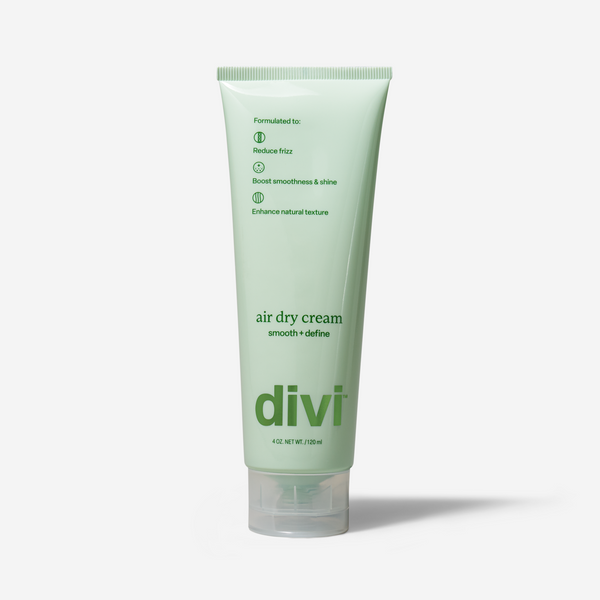
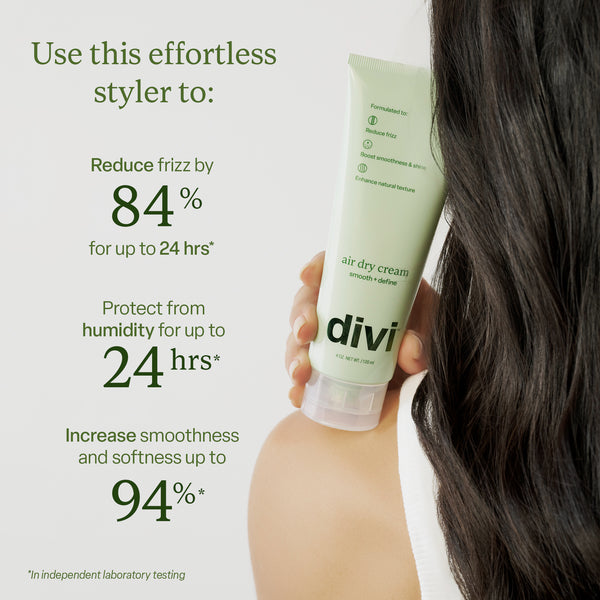

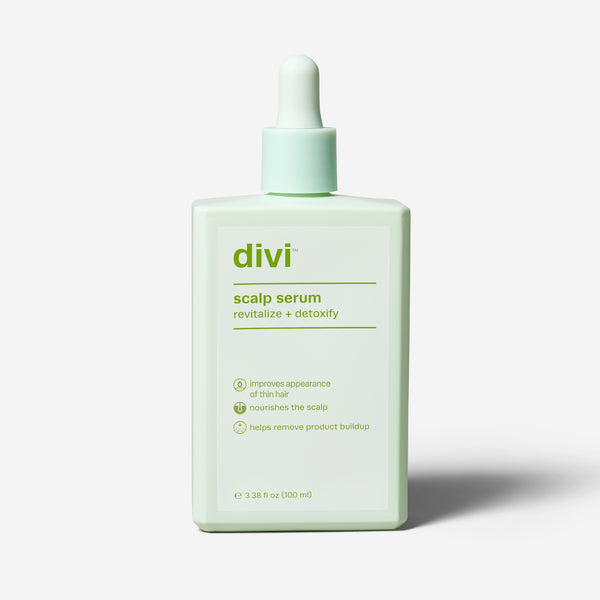

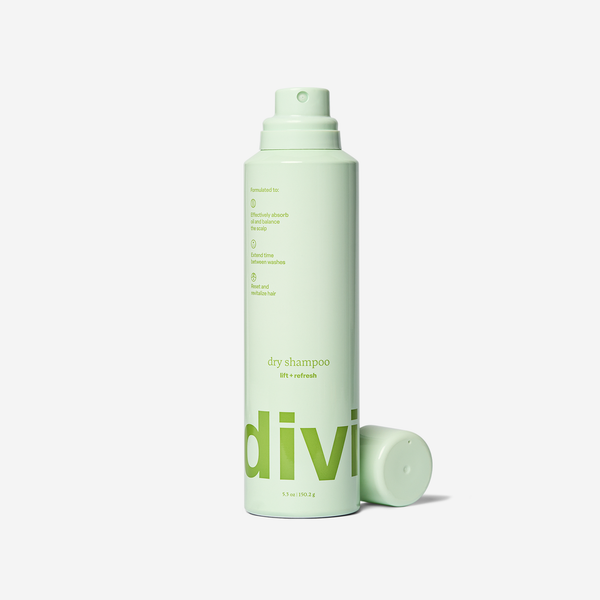

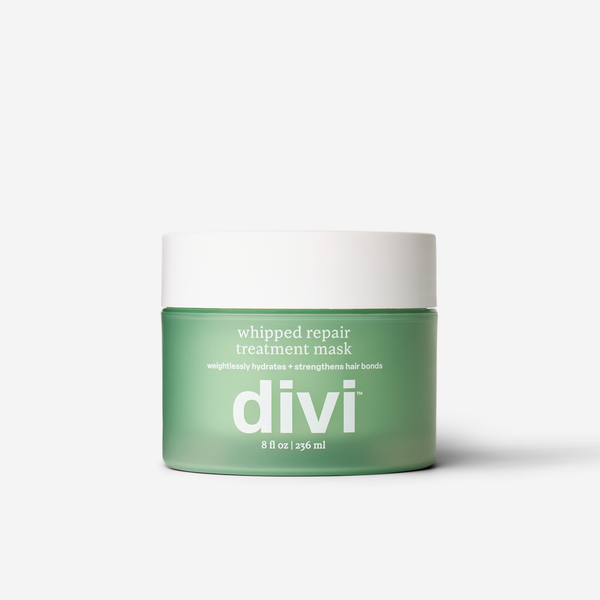
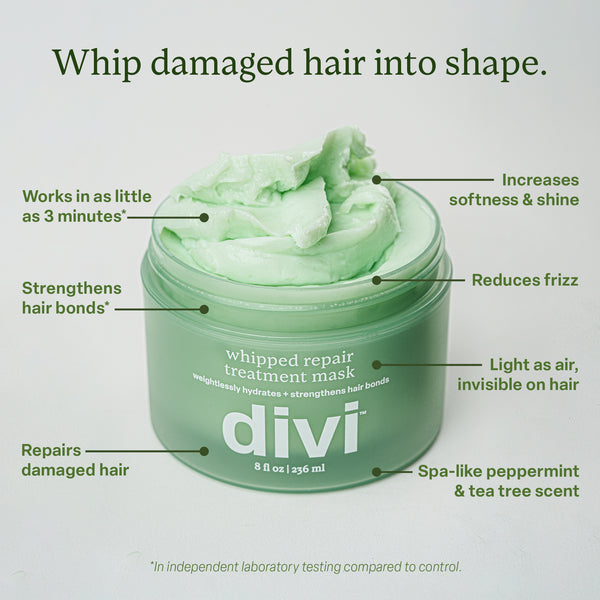
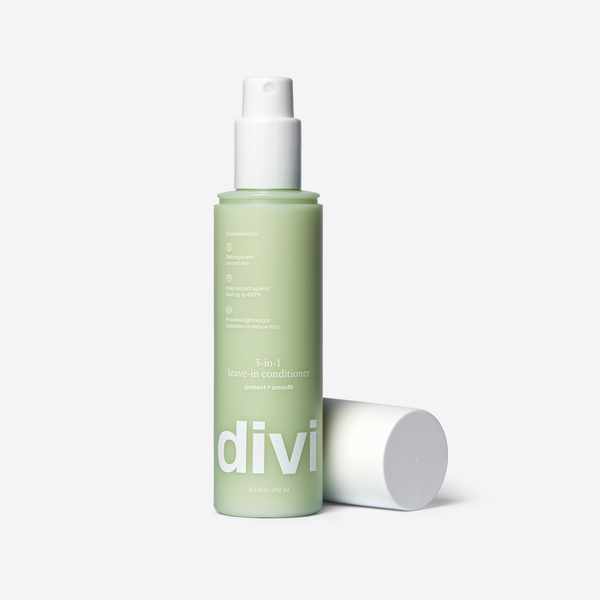

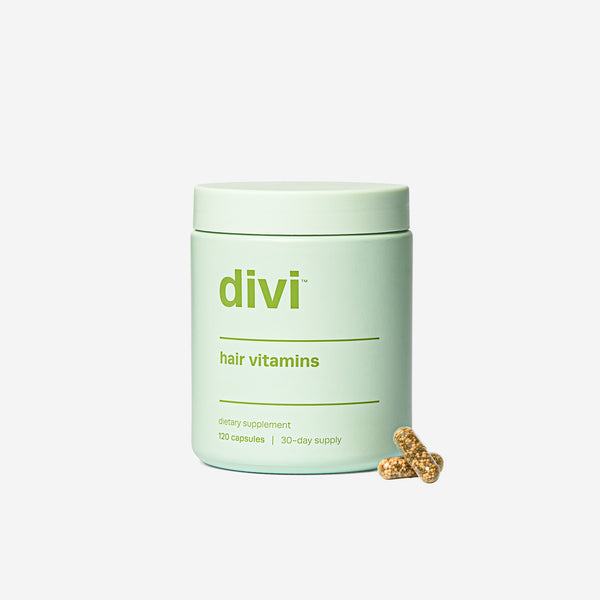
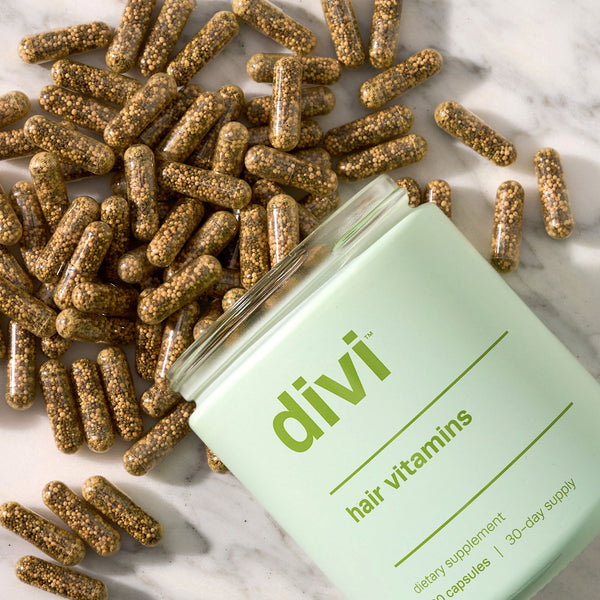
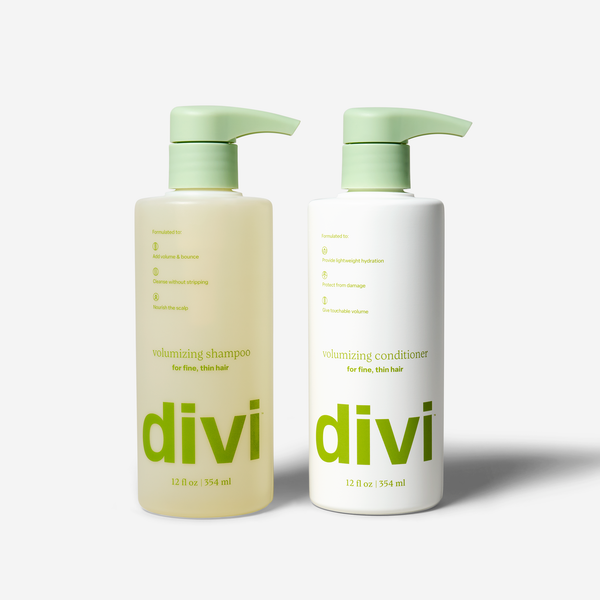





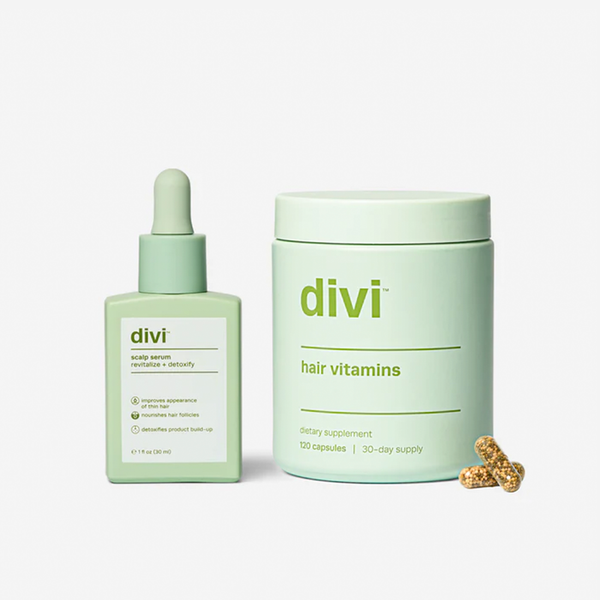
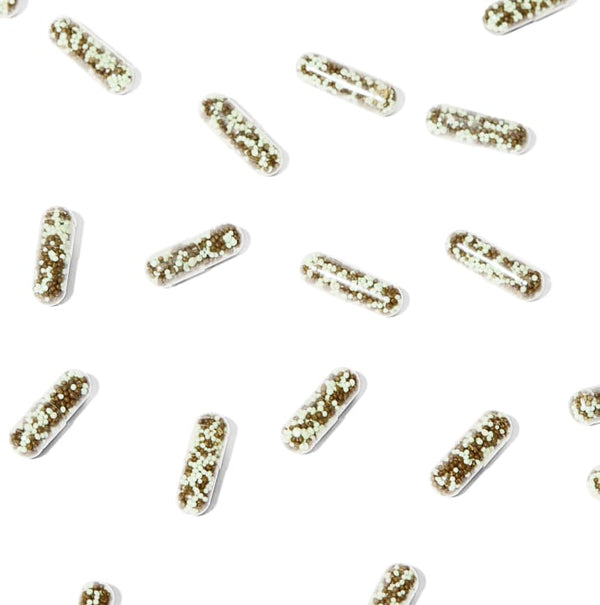
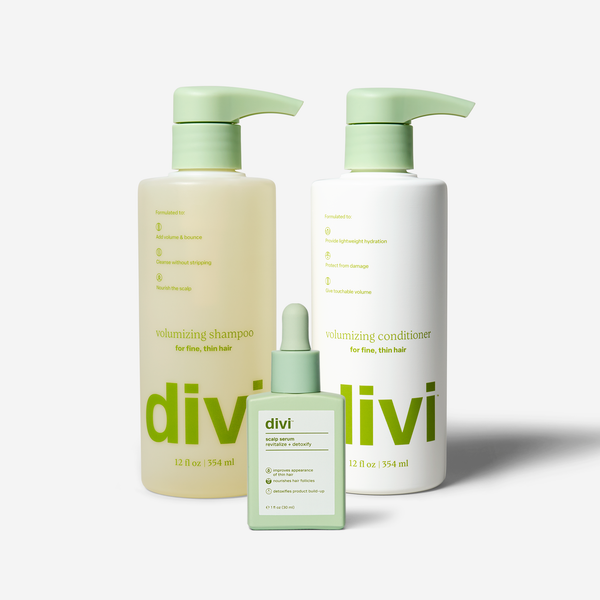
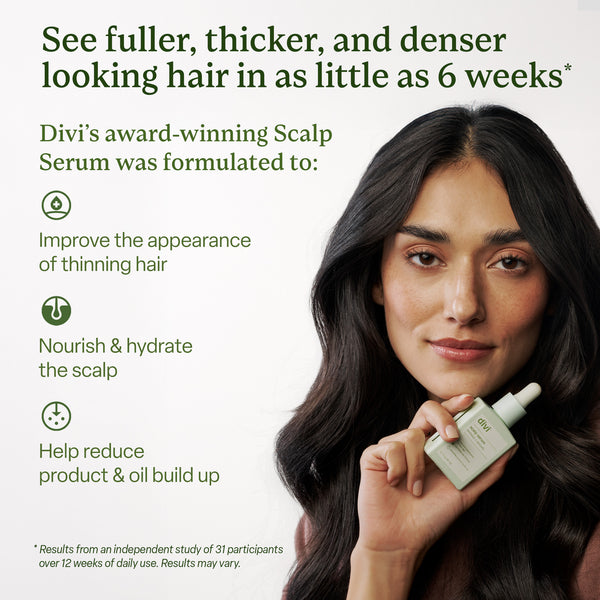


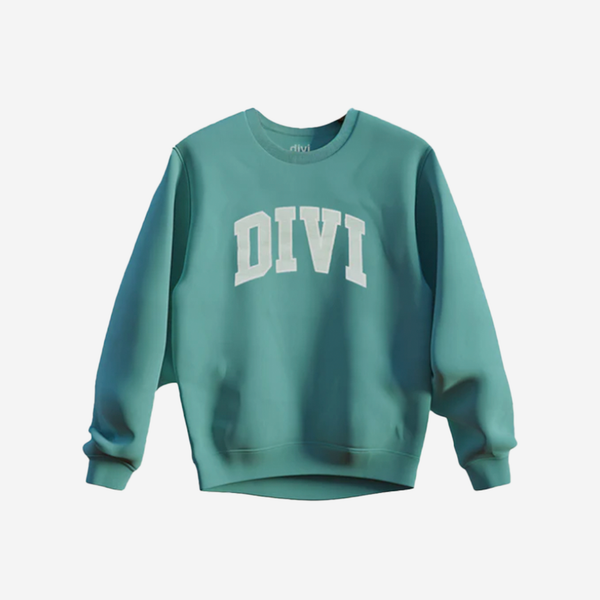
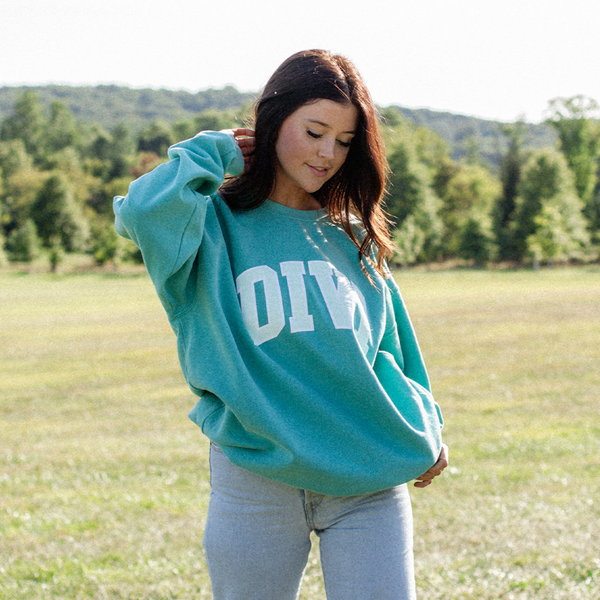







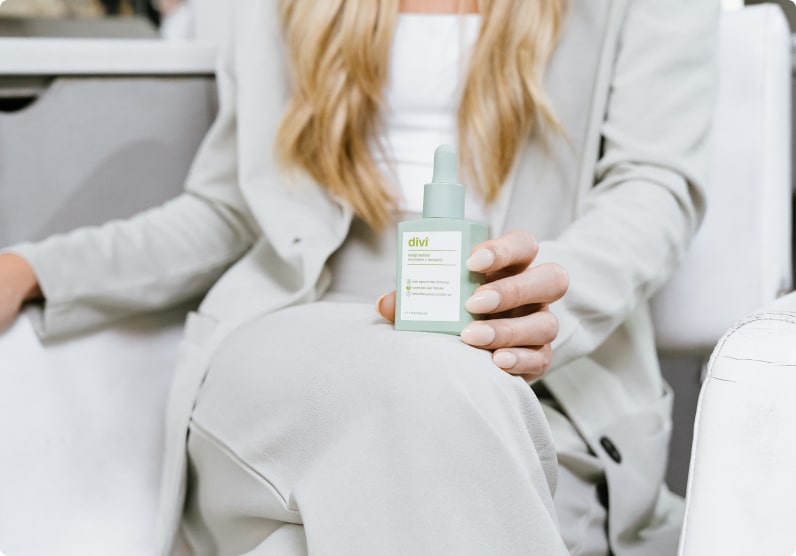






 30ml Scalp Serum
30ml Scalp Serum
 100ml Scalp Serum
100ml Scalp Serum
 Volumizing Shampoo
Volumizing Shampoo
 Hydrating Shampoo
Hydrating Shampoo
 Travel-Sized Volumizing Shampoo
Travel-Sized Volumizing Shampoo
 Travel-Sized Hydrating Shampoo
Travel-Sized Hydrating Shampoo
 Volumizing Conditioner
Volumizing Conditioner
 Hydrating Conditioner
Hydrating Conditioner
 Travel-Sized Volumizing Conditioner
Travel-Sized Volumizing Conditioner
 Travel-Sized Hydrating Conditioner
Travel-Sized Hydrating Conditioner
 3-in-1 Leave-In Conditioner
3-in-1 Leave-In Conditioner
 Best Sellers Bundle
Best Sellers Bundle
 Volumizing Starter Bundle
Volumizing Starter Bundle
 Hydrating Starter Bundle
Hydrating Starter Bundle
 The Healthy Hair Bundle
The Healthy Hair Bundle
 Hair Vitamins Trio
Hair Vitamins Trio
 Dry Shampoo
Dry Shampoo
 Hair Vitamins
Hair Vitamins
 Volumizing Shampoo & Conditioner
Volumizing Shampoo & Conditioner
 Travel-Sized Volume Duo
Travel-Sized Volume Duo
 Hydrating Shampoo & Conditioner
Hydrating Shampoo & Conditioner
 Travel-Sized Hydrating Duo
Travel-Sized Hydrating Duo
 Travel-Sized Dry Shampoo
Travel-Sized Dry Shampoo
 Travel-Sized Dry Shampoo Trio
Travel-Sized Dry Shampoo Trio
